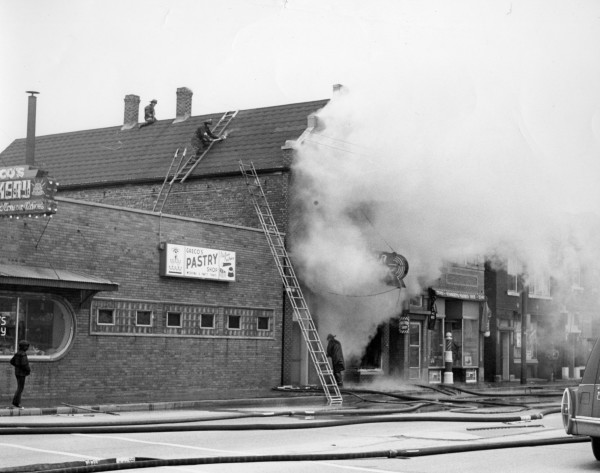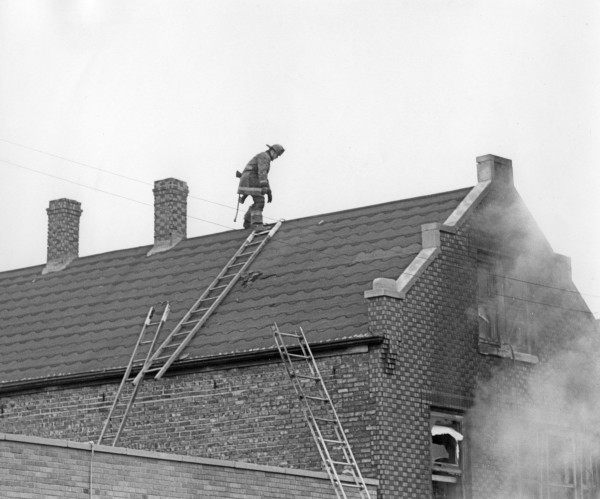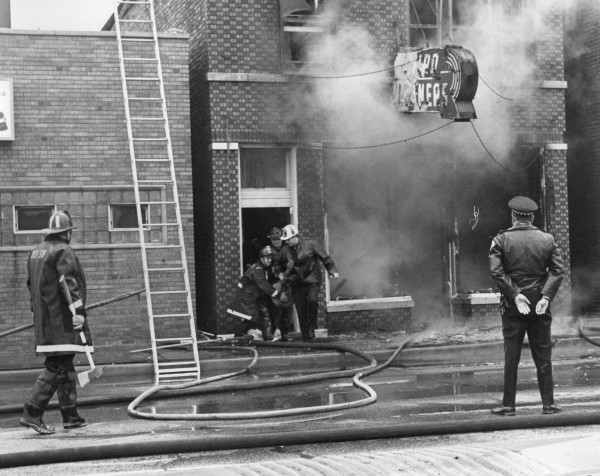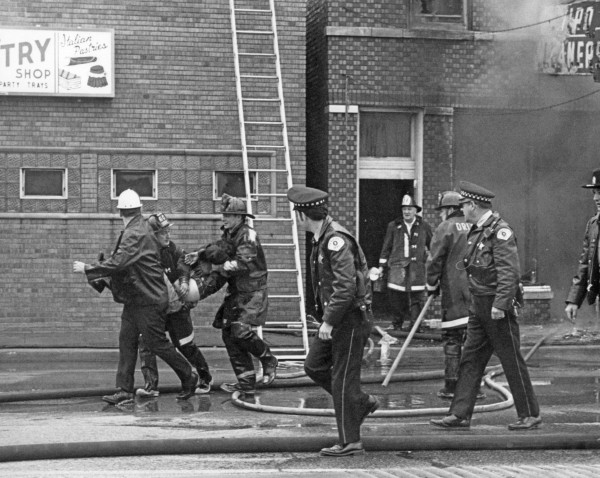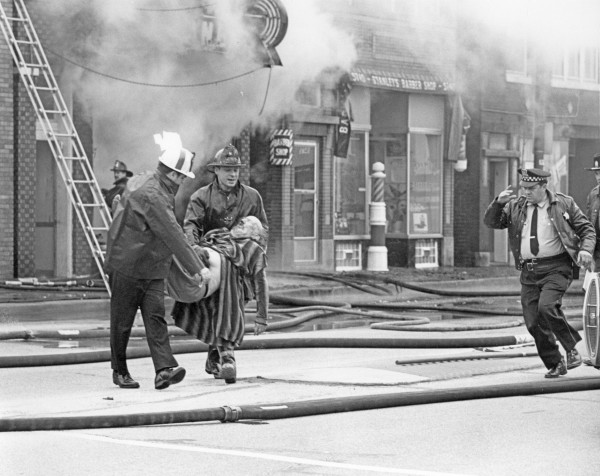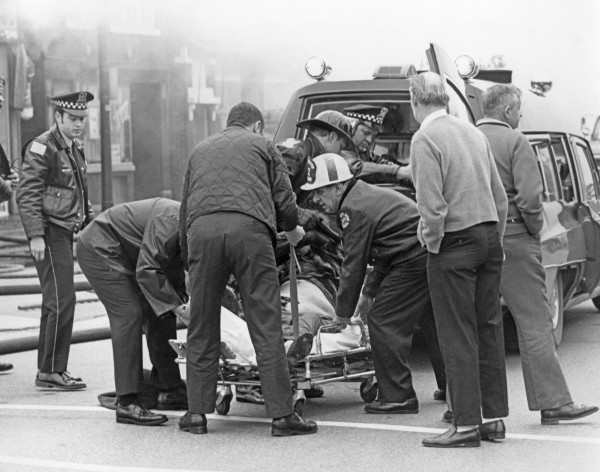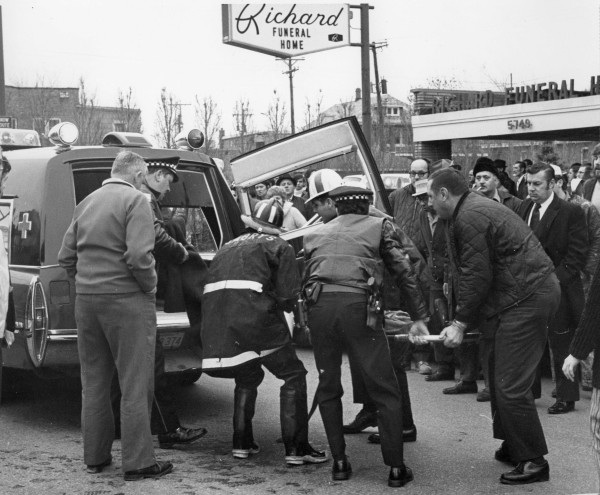Excerpts from theChicagoTribune.com:
North Riverside Fire Department Firefighter Richard Gray will march up 31 flights of stairs in the Oakbrook Terrace Tower on Feb. 14 as part of the American Lung Assn.’s Fight for Air Climb fundraiser. For the sixth year in a row, the 48-year-old is participating in the annual event to benefit lung disease research, patient services, and advocacy efforts.
The cause resonates personally for Gray, whose 72-year-old father, a retired firefighter, received a lung transplant in 2010. “He’s doing fantastic,” Gray said. However, Gray lost both his mother-in-law and an uncle to lung disease.
He’ll strap on 60 pounds of firefighting gear and climb the 680 steps in the office building as part of a team of firefighters from his department participating in the event. Fire departments in the Chicagoland area take part every year in the Fight for Air Climb at the Oakbrook Terrace Tower as well as the climb at the Presidential Towers in Chicago’s West Loop, set for March 6. The fundraiser sparks friendly competition among teammates as well as between Chicagoland fire departments, Gray said.
Lung cancer is the number one cancer killer in the county, taking the lives of an estimated 158,040 Americans in 2015, according to the American Lung Assn. Along with patient education and advocacy, proceeds from the Fight for Air Climb fund additional studies on lung disease.
The Fight for Air Climb is a nationwide event, held in skyscrapers, stadiums and other buildings throughout the U.S. The nationwide fundraising goal is $9 million this year. Both the Oakbrook Terrace Tower climb and the Presidential Towers climb raise funds toward that total, with respective goals of $210,000 and $500,000.
Participants must commit to raising $100, though most raise a lot more. Asking 15 people for a penny for each of the 680 stairs in the Oakbrook Terrace Tower, or $6.80, is an easy way to exceed the individual fundraising commitment, event organizers point out.
thanks Dan
